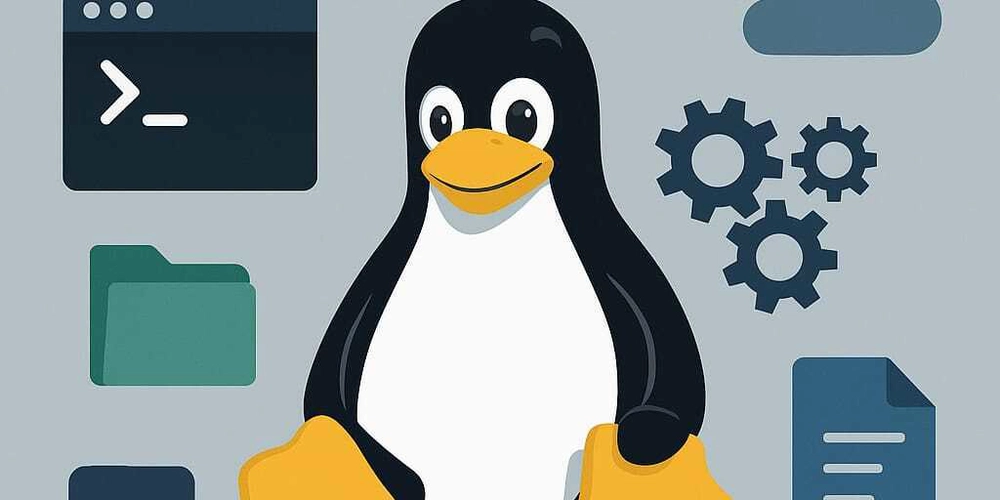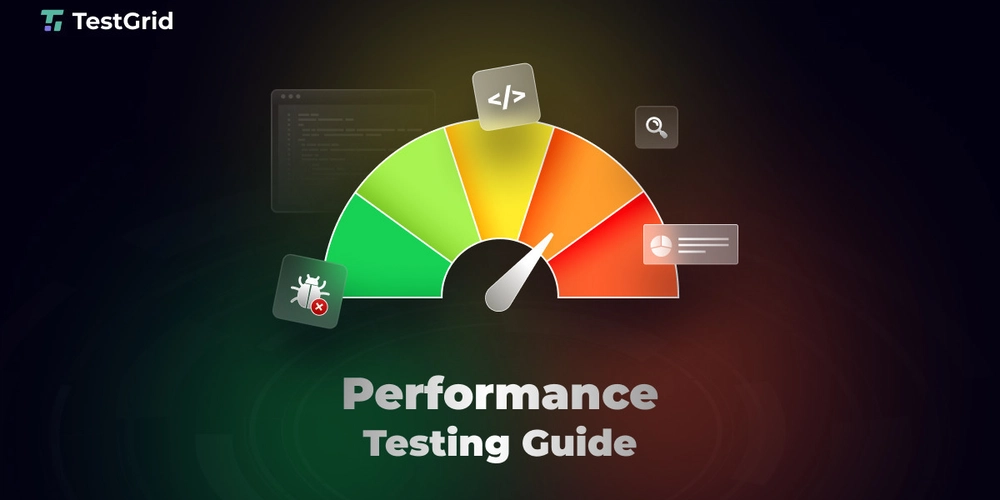What Are the Most Common PHP Functions in 2025?
In the ever-evolving world of web development, PHP continues to be a cornerstone language thanks to its robustness and versatility. As of 2025, PHP has seen significant enhancements and additions that developers need to acquaint themselves with to leverage these functions effectively. In this article, we’ll dive into the most common PHP functions in 2025, ensuring your backend processes are efficient and cutting-edge. Understanding PHP's Core Functions PHP offers a plethora of built-in functions that simplify various programming tasks. Here, we will cover some of the most frequently used PHP functions in 2025, which are key to modern web development. 1. array_map() The array_map() function remains a classic favorite among developers for its ability to apply a callback to the elements of the given arrays. This function is highly useful for performing operations on array elements without the need for complex loops. Syntax: array_map(callback $callback, array $arr1, array $arr2, ...); 2. str_contains() By 2025, str_contains() has become one of the go-to string handling functions. This function checks if a string contains another string and is a more modern and efficient replacement for previous usages of strpos(). Syntax: str_contains(string $haystack, string $needle): bool; 3. match() Introduced in PHP 8.0, the match() expression has gained considerable traction for offering an argument-based expression that returns values based on conditions, akin to a switch statement, but with a more concise syntax. Syntax: match ($var) { 'value1' => 'result1', 'value2', 'value3' => 'result2', default => 'defaultValue', }; 4. array_filter() With its utility in filtering through arrays based on custom conditions, array_filter() remains integral to PHP developers in 2025. It allows the simplification of sorting tasks, retaining elements that meet specified criteria. Syntax: array_filter(array $array, callable $callback = null, int $mode = 0): array; 5. json_encode() and json_decode() As JSON continues to dominate data interchange formats, the functions json_encode() and json_decode() remain indispensable. They are used to convert PHP arrays into JSON format and vice versa, enabling seamless data handling across web services. Syntax: json_encode(mixed $value, int $flags = 0, int $depth = 512): string; json_decode(string $json, ?bool $associative = null, int $depth = 512, int $flags = 0): mixed; Enhancing PHP Applications in 2025 Mastering these functions will undoubtedly bolster your PHP skills, but staying updated with the latest testing practices and localization techniques is equally vital. Here are a few resources to help you along the way: Check out how to upgrade to the latest PHPUnit version for ensuring your tests are up-to-date with the latest PHP frameworks. For comprehensive testing strategies, dive into this PHPUnit testing guide 2025. Learn how to broaden your application's reach by localizing applications in CakePHP for different languages. Conclusion PHP's adaptability and functionality continue to provide an unmatched foundation for backend development as we progress through 2025. By mastering the most common functions and keeping abreast of the latest trends and tools, you can ensure your web applications remain performant, reliable, and user-friendly. Happy coding!

In the ever-evolving world of web development, PHP continues to be a cornerstone language thanks to its robustness and versatility. As of 2025, PHP has seen significant enhancements and additions that developers need to acquaint themselves with to leverage these functions effectively. In this article, we’ll dive into the most common PHP functions in 2025, ensuring your backend processes are efficient and cutting-edge.
Understanding PHP's Core Functions
PHP offers a plethora of built-in functions that simplify various programming tasks. Here, we will cover some of the most frequently used PHP functions in 2025, which are key to modern web development.
1. array_map()
The array_map() function remains a classic favorite among developers for its ability to apply a callback to the elements of the given arrays. This function is highly useful for performing operations on array elements without the need for complex loops.
Syntax:
array_map(callback $callback, array $arr1, array $arr2, ...);
2. str_contains()
By 2025, str_contains() has become one of the go-to string handling functions. This function checks if a string contains another string and is a more modern and efficient replacement for previous usages of strpos().
Syntax:
str_contains(string $haystack, string $needle): bool;
3. match()
Introduced in PHP 8.0, the match() expression has gained considerable traction for offering an argument-based expression that returns values based on conditions, akin to a switch statement, but with a more concise syntax.
Syntax:
match ($var) {
'value1' => 'result1',
'value2', 'value3' => 'result2',
default => 'defaultValue',
};
4. array_filter()
With its utility in filtering through arrays based on custom conditions, array_filter() remains integral to PHP developers in 2025. It allows the simplification of sorting tasks, retaining elements that meet specified criteria.
Syntax:
array_filter(array $array, callable $callback = null, int $mode = 0): array;
5. json_encode() and json_decode()
As JSON continues to dominate data interchange formats, the functions json_encode() and json_decode() remain indispensable. They are used to convert PHP arrays into JSON format and vice versa, enabling seamless data handling across web services.
Syntax:
json_encode(mixed $value, int $flags = 0, int $depth = 512): string;
json_decode(string $json, ?bool $associative = null, int $depth = 512, int $flags = 0): mixed;
Enhancing PHP Applications in 2025
Mastering these functions will undoubtedly bolster your PHP skills, but staying updated with the latest testing practices and localization techniques is equally vital. Here are a few resources to help you along the way:
- Check out how to upgrade to the latest PHPUnit version for ensuring your tests are up-to-date with the latest PHP frameworks.
- For comprehensive testing strategies, dive into this PHPUnit testing guide 2025.
- Learn how to broaden your application's reach by localizing applications in CakePHP for different languages.
Conclusion
PHP's adaptability and functionality continue to provide an unmatched foundation for backend development as we progress through 2025. By mastering the most common functions and keeping abreast of the latest trends and tools, you can ensure your web applications remain performant, reliable, and user-friendly. Happy coding!





































































































































































![[The AI Show Episode 145]: OpenAI Releases o3 and o4-mini, AI Is Causing “Quiet Layoffs,” Executive Order on Youth AI Education & GPT-4o’s Controversial Update](https://www.marketingaiinstitute.com/hubfs/ep%20145%20cover.png)













































































































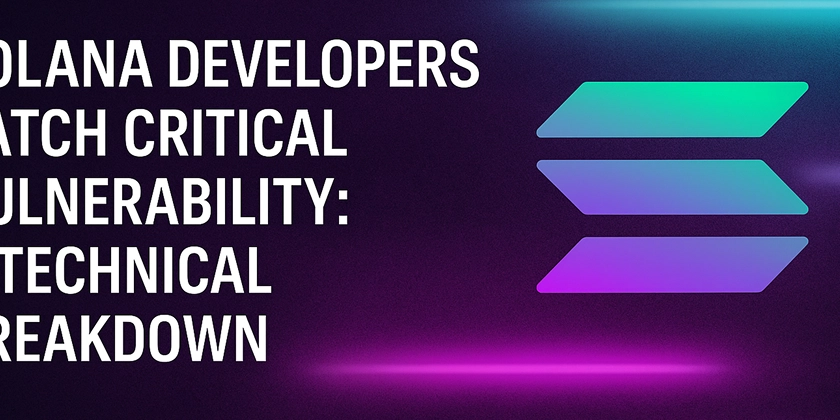















![[DEALS] Microsoft 365: 1-Year Subscription (Family/Up to 6 Users) (23% off) & Other Deals Up To 98% Off – Offers End Soon!](https://www.javacodegeeks.com/wp-content/uploads/2012/12/jcg-logo.jpg)



![From Art School Drop-out to Microsoft Engineer with Shashi Lo [Podcast #170]](https://cdn.hashnode.com/res/hashnode/image/upload/v1746203291209/439bf16b-c820-4fe8-b69e-94d80533b2df.png?#)





















![Re-designing a Git/development workflow with best practices [closed]](https://i.postimg.cc/tRvBYcrt/branching-example.jpg)



















































































(1).jpg?#)
































_Inge_Johnsson-Alamy.jpg?width=1280&auto=webp&quality=80&disable=upscale#)

























































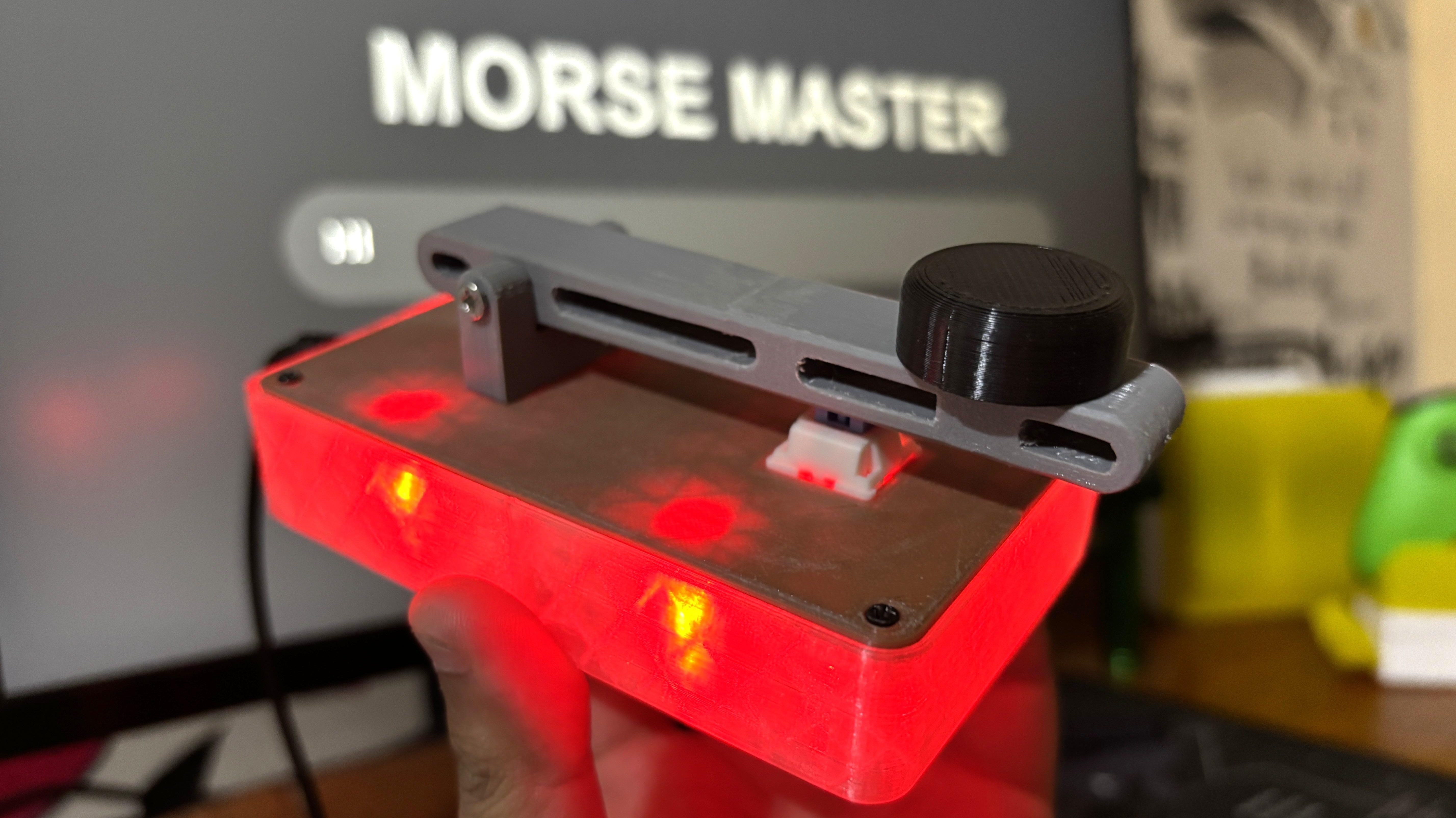


































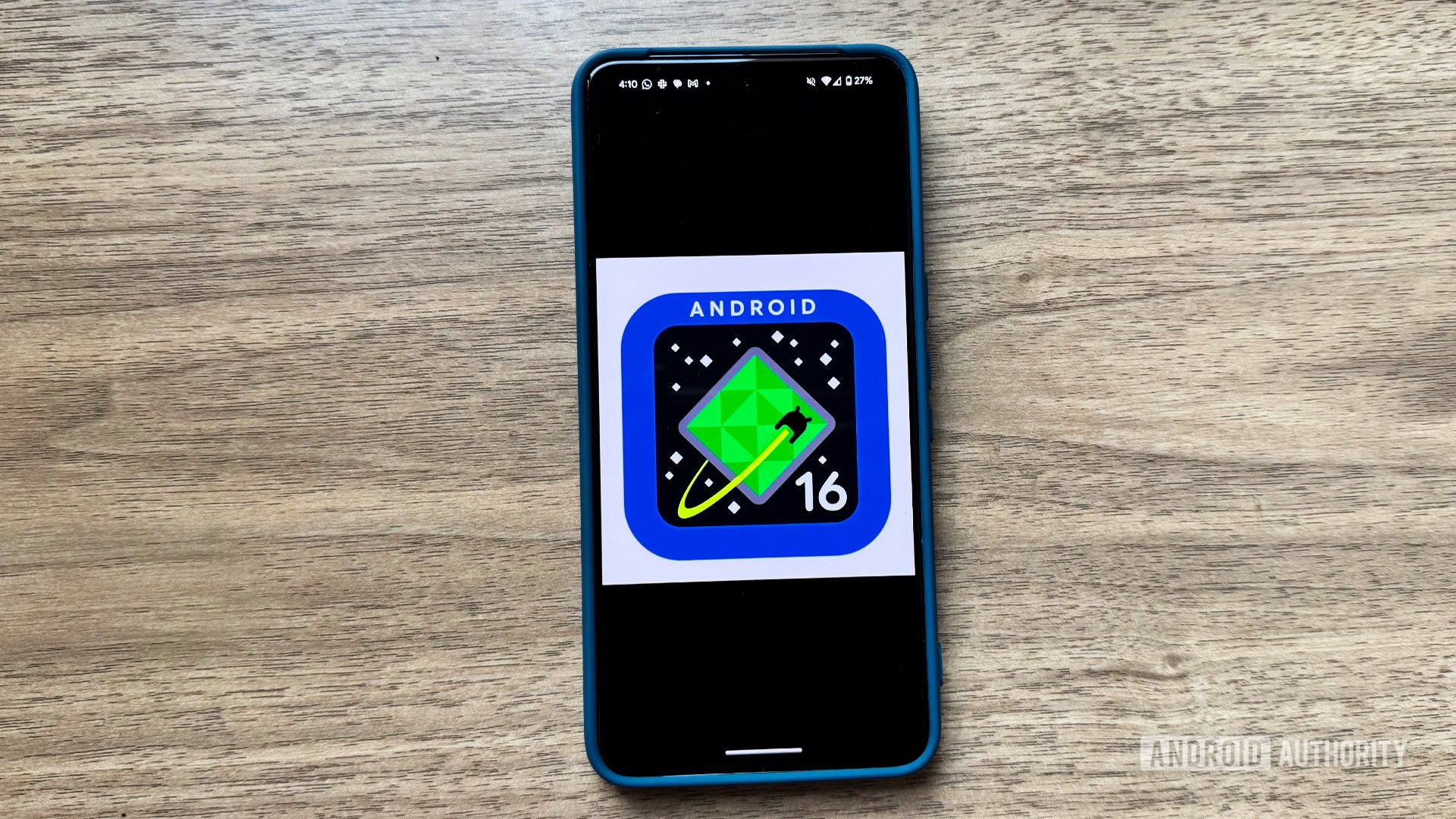




![The Material 3 Expressive redesign of Google Clock leaks out [Gallery]](https://i0.wp.com/9to5google.com/wp-content/uploads/sites/4/2024/03/Google-Clock-v2.jpg?resize=1200%2C628&quality=82&strip=all&ssl=1)
![What Google Messages features are rolling out [May 2025]](https://i0.wp.com/9to5google.com/wp-content/uploads/sites/4/2023/12/google-messages-name-cover.png?resize=1200%2C628&quality=82&strip=all&ssl=1)










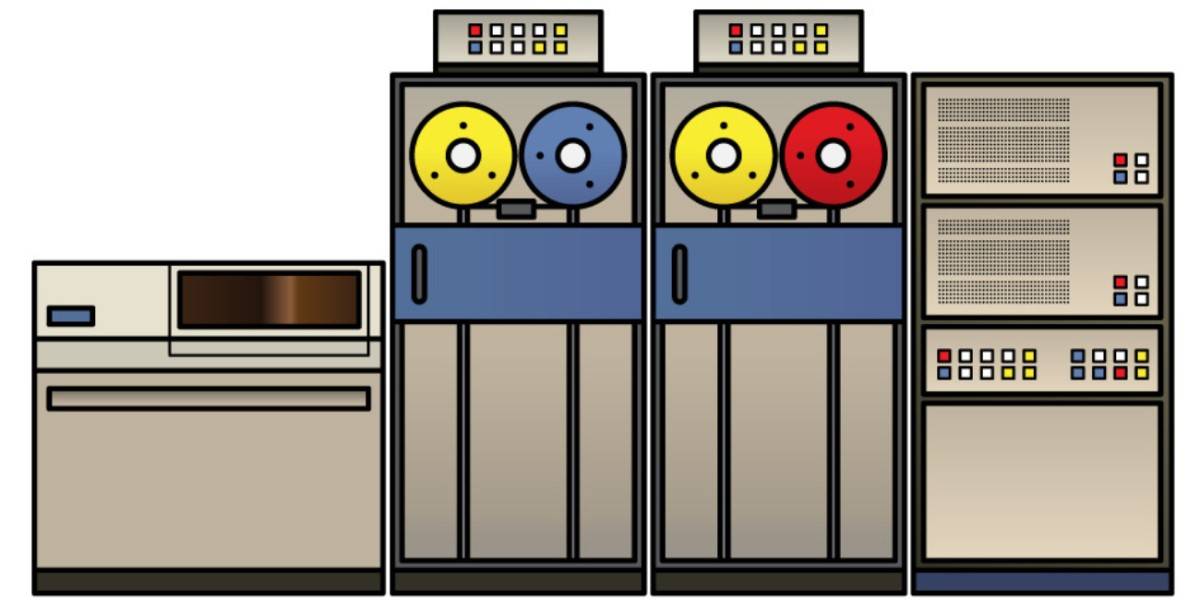



![New Apple iPad mini 7 On Sale for $399! [Lowest Price Ever]](https://www.iclarified.com/images/news/96096/96096/96096-640.jpg)
![Apple to Split iPhone Launches Across Fall and Spring in Major Shakeup [Report]](https://www.iclarified.com/images/news/97211/97211/97211-640.jpg)
![Apple to Move Camera to Top Left, Hide Face ID Under Display in iPhone 18 Pro Redesign [Report]](https://www.iclarified.com/images/news/97212/97212/97212-640.jpg)
![Apple Developing Battery Case for iPhone 17 Air Amid Battery Life Concerns [Report]](https://www.iclarified.com/images/news/97208/97208/97208-640.jpg)





























































































